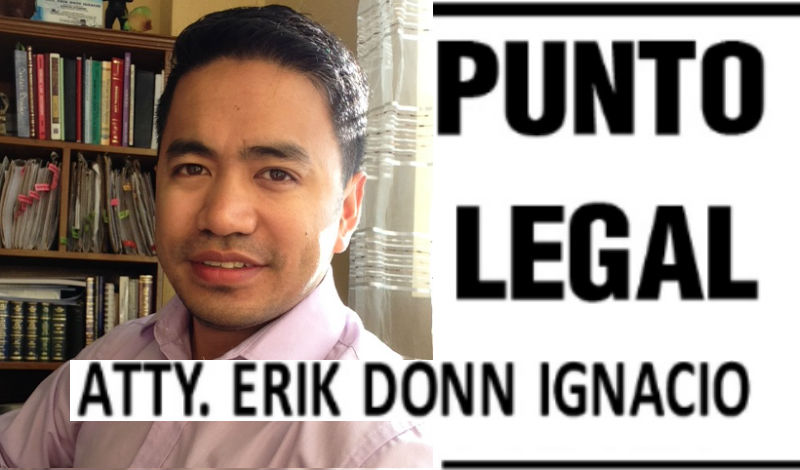The GCTA scandal has once again brought senators and other personalities to the “limelight”. The senate hearings have become the most watched reality show in the country yet again. I can still remember one of the most watched and memorable senate hearing- the impeachment of then president Joseph Estrada where right after former Chief Justice Davide announced the result of the vote, people took to the streets to demand Estrada’s resignation. I was a college student then and was one of those who marched up and down the streets of Baguio shouting and demanding that the president and those who voted to acquit him resign. To some, the televised senate hearings have become very powerful tools for grandstanding and in bringing down powerful personalities just like the late Chief Justice Corona. This contention might not be agreeable to others who say that the televised senate hearings result in the amendment of laws and enactment of new legislation.
In Aid of Legislation
The 1987 Constitution vests upon Congress the power to conduct inquiries in aid of legislation. Under Article VI, Section 21 it says: The Senate or the House of Representatives or any of its respective committees may conduct inquiries in aid of legislation in accordance with its duly published rules of procedure. The rights of persons appearing in, or affected by, such inquiries shall be respected. The Supreme Court in one case (G.R. No. 174105) explained the purpose and nature of an inquiry in aid of legislation: A legislative investigation in aid of legislation and court proceedings has different purposes. On one hand, courts conduct hearings or like adjudicative procedures to settle, through the application of a law, actual controversies arising between adverse litigants and involving demandable rights. On the other hand, inquiries in aid of legislation are, inter alia, undertaken as tools to enable the legislative body to gather information and, thus, legislate wisely and effectively; and to determine whether there is a need to improve existing laws or enact new or remedial legislation, albeit the inquiry need not result in any potential legislation. It is very important that these hearings must conform to the published rules of procedure of the respective houses otherwise the proceedings will be “procedurally infirm” as held by the Court in Neri vs. Senate (G.R. No. 180643).
Local Legislation
Being local versions of the congress, do local sanggunians have the power to conduct their own hearings in aid of legislation? There is no particular section in the Local Government Code which states that local sanggunians may hold their own hearings just like what the senate is doing but Section 444,b,(iv) says: that the local executive may “initiate and propose legislative measures to the sangguniang bayan and, from time to time as the situation may require, provide such information and data needed or requested by said sanggunian in the performance of its legislative functions. (See also Sec. 455,b,1,iv and Sec. 465,b,i,iv). The local sanggunian may hold their own inquiries and be furnished by the executive the information needed for the intended legislation. Since the quoted provision is found among the sections defining the powers of the executive, it can be inferred that the act of proving the “data needed” is purely voluntary on the part of the executive. The sanggunian can only “request” for said information or data but cannot issue a subpoena against the executive or any of the officials or employees under his office. In NOECO vs. Sanggunian (G.R. 72492) the Supreme Court nullified the order of the respondent sanggunian declaring in contempt those who disobeyed its subpoena. The SC said that the order is ultra vires (beyond the power) since no law grants the sanggunian the power to subpoena witnesses. The Court added: “The respondent Sangguniang Panlungsod and the respondent Ad-Hoc Committee are without power to punish non- members for contempt”. Unfortunately, the local sanggunians which merely exercise delegated powers cannot issue subpoena and punish for contempt those who disobey. Nothing prevents them however, from televising or broadcasting their own hearings to keep their constituents well informed about the activities of their elected officials.













